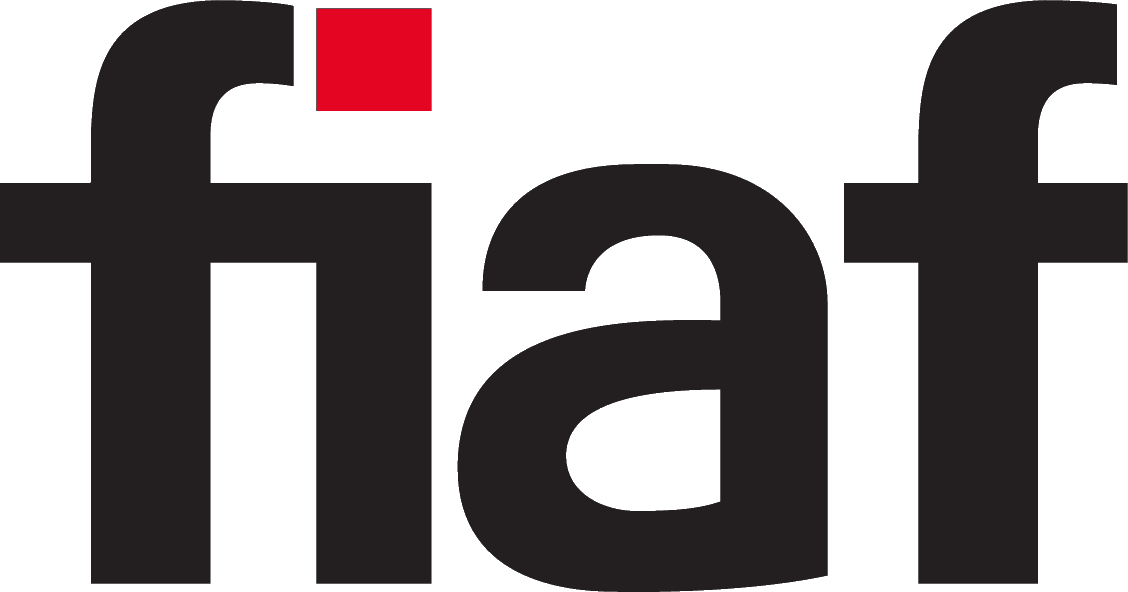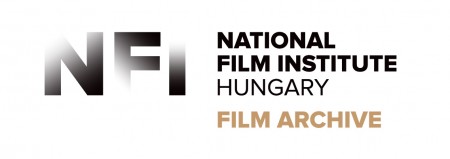
Photo by Tobias Reich on Unsplash
25–26 April 2022, Budapest
Hosted by the National Film Institute – Film Archive
Call for Papers
The text of this call is also available as a PDF file.
The call for papers is now closed.
Theme
The Visible Archive: Archiving, preserving, digitizing, and sharing 'non-feature' film collections
Nowadays, great progress has been made worldwide in the digitization and restoration of classic films, but there is still much left to do to make film preservation a strategic cultural priority. The topic of the symposium is the various aspects of archiving – from acquisition and cataloguing to preservation and dissemination – of what we have labelled ‘non-feature’ films; that is, shorter, non-narrative or non-fiction material.
In most archives, the amount of non-feature films outnumber feature films, but collections of, for instance, newsreels and experimental films, tend to get less attention, even if their cultural, technical, and historical value is widely recognized. Although archives are making considerable efforts to preserve, digitize, and share their holdings, a significant percentage of this type of shorter material in their collections remains invisible.
Therefore, the Symposium will address issues on how to research and preserve these extremely diverse materials and how to make such collections ‘more visible’ to the archival and academic communities as well as the general public. The title of the Symposium was inspired by Visible Man, or the Culture of Film, the work of the Hungarian film theorist Béla Balázs, who placed the concept of ‘visibility’ at the centre of his thinking and considered it extremely important for our time.
Suggested sub-themes
Research and preservation of non-feature film collections
- Types of non-feature film collections – genres, examples, case studies (e.g., newsreel collections, documentaries, educational and industrial films, commercials, experimental films, home movies and amateur films).
- Challenges and best practices for the cataloguing, conservation, digitization, and restoration of non-feature film material.
- Researching non-feature film collections, community knowledge and non-feature film collections (e.g., databases, research platforms, identification).
- Archive / Community - Relationship between small, non-feature film archives, individual community archives, and national archives.
- Partnerships – building professional relationships in relation to non-feature film collections.
Sharing of non-feature film collections
- Practical issues related to the dissemination of non-feature film collections (e.g., legal and ethical considerations, technical conditions).
- Archival institutions as sites of production (e.g., online databases, streaming platforms, films, DVDs, events) and the relationship between archives and creators. Appropriation and reuse.
- The use of materials from non-feature film collections in exhibition, education, and new productions.
- Methods of knowledge transfer in film archives regarding non-feature film collections.
- Meeting points of community and non-feature film collections (film museums, heritage festivals, streaming platforms, other types of online projects, urban projects).
Innovation and non-feature film collections
VR and immersive technologies are priority research areas of the Moholy-Nagy University of Art and Design (MOME), and one of the biggest challenges and opportunities for film archives in the future. Based on the cooperation between the NFI – Film Archive and MOME, which provides the venue for the Congress, we also propose the following topic with special regard to non-feature film materials:
- Archives and artificial intelligence: the relationship between new technologies and identification, description, and researching data from non-feature films.
Proposals
The Scientific Committee looks forward to receiving your suggestions for two presentation formats: individual contributions or pre-constituted panels.
Individual contributions
Individual contributions (papers, presentations, etc.) should last about 20 minutes (plus discussion). For individual contributions, please send us an abstract of approximately 150 words and a brief professional biography.
Pre-constituted panels
Pre-constituted panels should last about 120 minutes (including discussion). For panels, please provide details of the speakers and institutions represented and an abstract of 300 words maximum. Whenever possible, please also suggest your preferred moderators, and we invite you to consider including partners and colleagues outside FIAF.
The Symposium is intended as an opportunity to discuss and share opinions. We therefore recommend submitting proposals that are not just project presentations. Individual contributions and pre-constituted panels can be held in any of the three official FIAF languages (English, French, Spanish).
Virtual presentations
Should travelling to Budapest prove impossible or very difficult for you because of the ongoing COVID pandemic or any other extraordinary circumstance, the Scientific Committee will agree to take into consideration proposals for presentations delivered virtually. However, if the main reason for not travelling to the Congress is economic hardship, don’t forget that you can apply for financial assistance from the Christian Dimitriu Congress Travelling Fund, provided that you are a member of the FIAF community.
How to Apply
Proposals must be submitted via e-mail at fiaf2022budapest@nfi.hu by 13 January 2022.
Proposals may be submitted in one of the three languages of the Symposium (English, French, Spanish). Please indicate also in what language the proposed presentation/panel will be held.
Symposium Schedule
25-26 April 2022. There will be eight sessions of two hours each in total.
Selection
The new deadline for submitting proposals: 13 January 2022.
NFI - Film Archive and FIAF will jointly announce the final selection of the Symposium presentations on 31 January 2022.
Proposals received by 13 January 2022 will receive full consideration. During the review phase, the Symposium Scientific Committee is happy to offer comments and suggestions to help applicants develop their proposals as part of the larger programme. Some proposals may be recommended for other congress events, and others may be rejected.
Scientific Committee members
- György Ráduly, Director of the National Film Institute – Film Archive, Budapest (Chair)
- Jon Wengström, Senior Curator of Archival Film Collections, Swedish Film Institute, Stockholm
- Paula Felix-Didier, Director, Museo del Cine Pablo Ducrós Hicken, Buenos Aires
- Brian Meacham, Managing Archivist, Yale Film Archive, New Haven
- Eva Näripea, Director, Film Archive of The National Archives of Estonia, Tallinn
- Lydia Pappas, Interim Director and Curator, Moving Image Research Collections – University of South Carolina, Columbia
- Janka Barkóczi, Researcher, Archivist, National Film Institute – Film Archive, Budapest
- Galina Torma, Chief Researcher, Archivist, National Film Institute – Film Archive, Budapest
Contact us
For any questions or comments, please use the following e-mail address: fiaf2022budapest@nfi.hu








